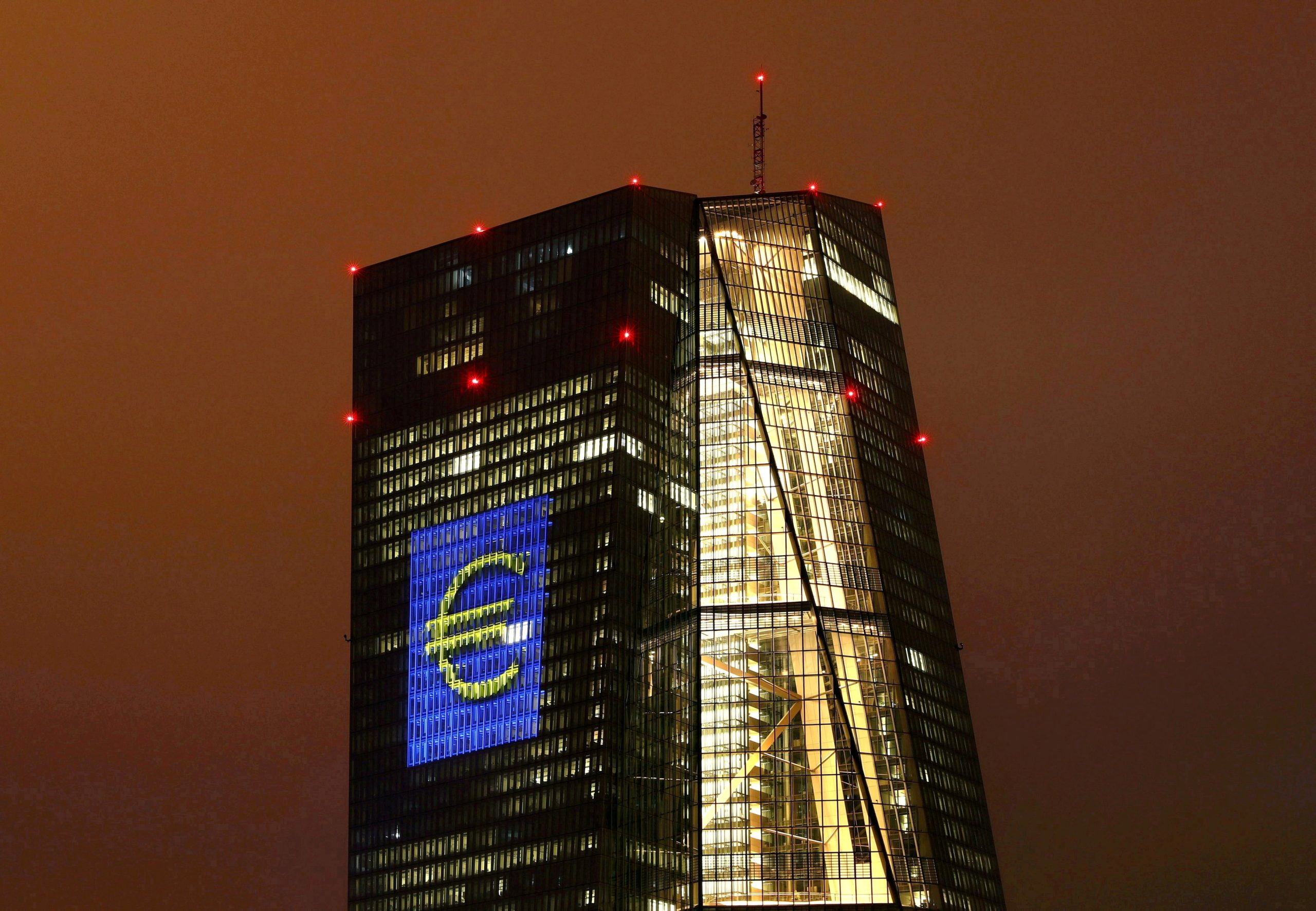Are Interest Rate Cuts from the ECB Looming in October?
30.09.2024 18:00 1 min. read Alexander Stefanov
Economists are now anticipating a 0.25% interest rate reduction from the European Central Bank (ECB) in October, moving away from prior predictions of a cut in December.
This change follows disappointing inflation figures from France and Spain, along with a decline in the Purchasing Managers’ Index (PMI), which dropped to 48.9 in September. The PMI’s decrease indicates a notable slowdown in business activity, creating a pressing need for further rate reductions.
As the ECB’s October 18 meeting approaches, bond markets have adjusted expectations, now indicating an 80% likelihood of a rate cut, up from 40%. Major financial institutions like Goldman Sachs and JPMorgan have updated their forecasts, suggesting cuts could occur in both October and December.
Paul Hollingsworth from BNP Paribas cautioned that delaying action could jeopardize the eurozone’s economic recovery. The ECB will present updated inflation and growth forecasts during its December meeting.
While ECB President Christine Lagarde remains cautious and insists on a data-driven strategy, insights from ECB Executive Board member Isabel Schnabel reveal that inflation expectations are decreasing, bolstering the argument for lower interest rates. Although ECB officials have yet to confirm the decision for October, they are increasingly aware of the mounting downside risks.
-
1
Recession Fears Linger as Economic Signal Flashes Long-Term Warning
25.06.2025 9:00 2 min. read -
2
Robert Kiyosaki Predicts When The Price of Silver Will Explode
28.06.2025 16:30 2 min. read -
3
Trump Targets Powell as Fed Holds Rates: Who Could Replace Him?
27.06.2025 9:00 2 min. read -
4
U.S. PCE Inflation Rises for First Time Since February, Fed Rate Cut Likely Delayed
27.06.2025 18:00 1 min. read -
5
Key U.S. Economic Events to Watch Next Week
06.07.2025 19:00 2 min. read
Grayscale Confidentially Files for New SEC-registered Offering Amid Growing Crypto Market demand
Grayscale Investments announced today that it has confidentially submitted a draft registration statement on Form S-1 to the U.S.
Here is How to Read the Crypto Fear and Greed Index
In the volatile world of cryptocurrency, investor psychology is one of the most powerful forces behind price movement.
Bank of England Governor Warns Against Stablecoins, Backs Tokenized Deposits Instead
Bank of England Governor Andrew Bailey has voiced strong concerns about the rising push for stablecoin adoption, calling on banks to steer clear of issuing their own digital currencies.
Czech National Bank Enters Crypto Sector with $18M Coinbase Investment
The Czech National Bank (CNB) has entered the crypto sector with a $18 million investment in Coinbase, purchasing 51,732 shares in Q2 2025, according to a U.S. SEC filing.
-
1
Recession Fears Linger as Economic Signal Flashes Long-Term Warning
25.06.2025 9:00 2 min. read -
2
Robert Kiyosaki Predicts When The Price of Silver Will Explode
28.06.2025 16:30 2 min. read -
3
Trump Targets Powell as Fed Holds Rates: Who Could Replace Him?
27.06.2025 9:00 2 min. read -
4
U.S. PCE Inflation Rises for First Time Since February, Fed Rate Cut Likely Delayed
27.06.2025 18:00 1 min. read -
5
Key U.S. Economic Events to Watch Next Week
06.07.2025 19:00 2 min. read


